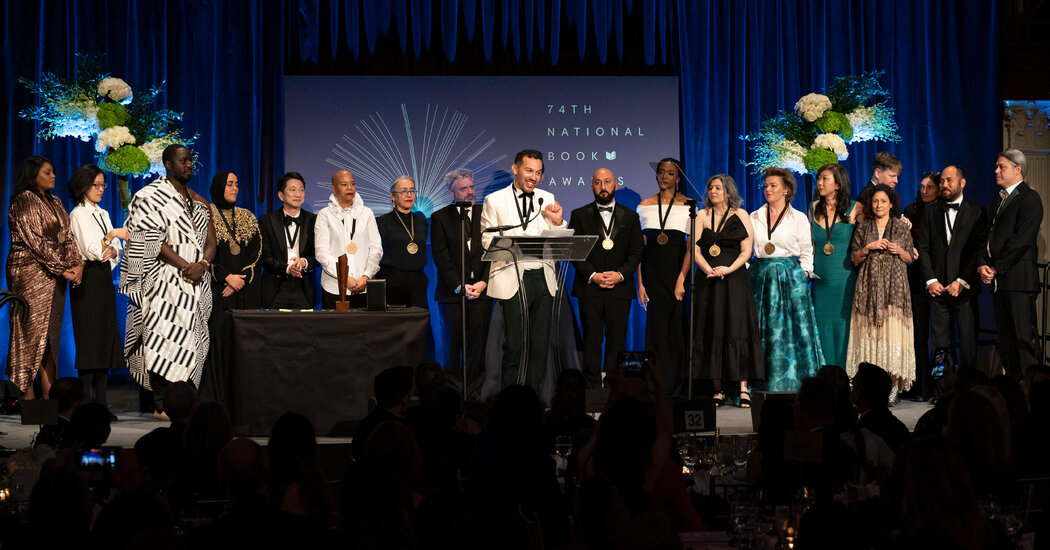“We have a duty to ask what constitutes the literature of a nation, and in asking this question, we believe it is essential to veer away from the definitions the State provides as to what it thinks constitutes U.S. selfhood,” said the letter, which was written by Ingrid Rojas Contreras, a Pulitzer finalist last year for her memoir, “The Man Who Could Move Clouds.”
The letter drew signatures from hundreds of writers, including Nana Kwame Adjei-Brenyah, Angie Cruz and Javier Zamora, who published an essay in The Los Angeles Times expressing his disappointment that his acclaimed memoir, “Solito,” was not eligible for a Pulitzer because of the citizenship requirement.
The National Book Awards’ citizenship requirement became a topic of discussion for the foundation’s staff and board last summer. In December, the 20-person board unanimously voted in favor of the change, said David Steinberger, chair of the board of directors of the National Book Foundation.
Even before the December decision, the National Book Foundation was moving toward dropping the citizenship requirement. In 2018, the foundation created a process for publishers to submit work by writers who were not U.S. citizens. Publishers had to attest that the writer had lived in the United States for at least a decade, and that the author was actively pursuing U.S. citizenship, or had no legal pathway to do so.
Now the foundation will no longer ask how long writers have lived in the United States, or whether they are seeking citizenship. The new criteria state that “in addition to authors who hold U.S. citizenship, authors who maintain their primary, long-term home in the United States, U.S. territories, or Tribal lands will now be eligible for consideration.”
The updated criteria will take effect next month, when submissions open for the 75th National Book Awards. The awards, which take place in November, include prizes for fiction, nonfiction, poetry, translated literature and young people’s literature, and in the past they have gone to acclaimed writers like Robert A. Caro, Ralph Ellison, Louise Erdrich, Colson Whitehead and Jesmyn Ward.


